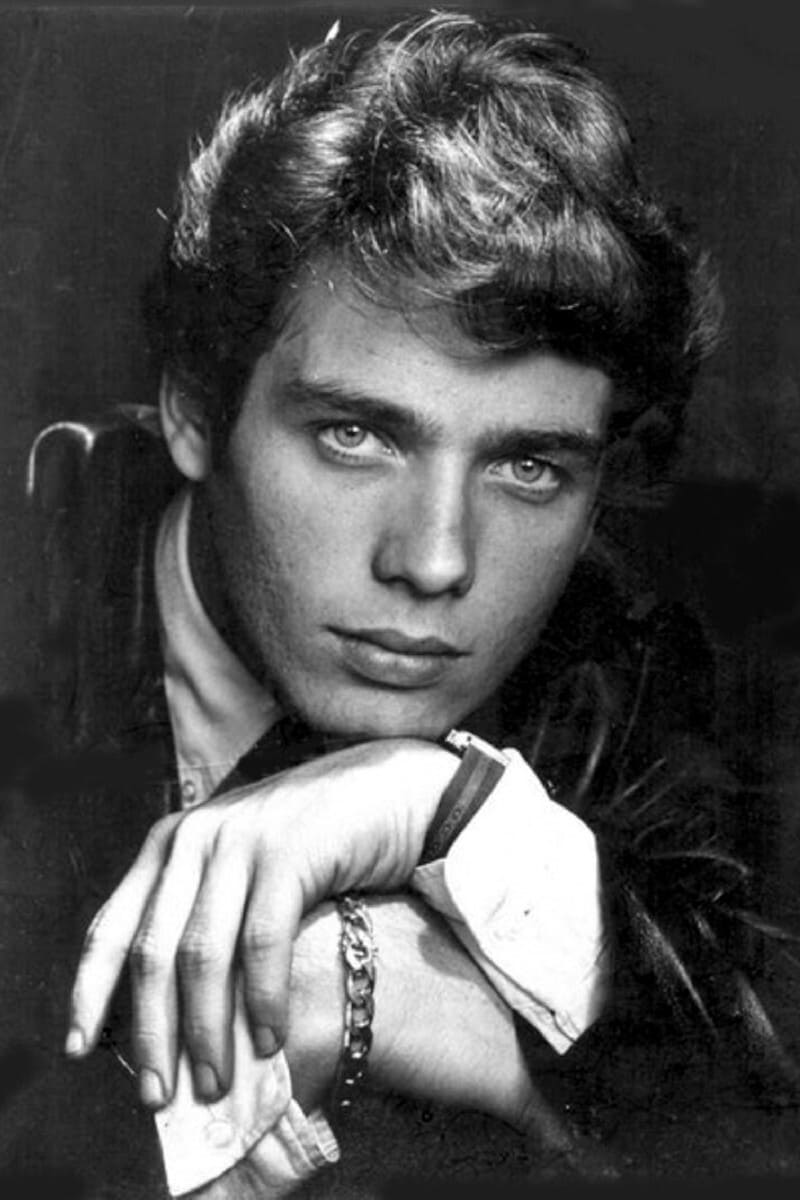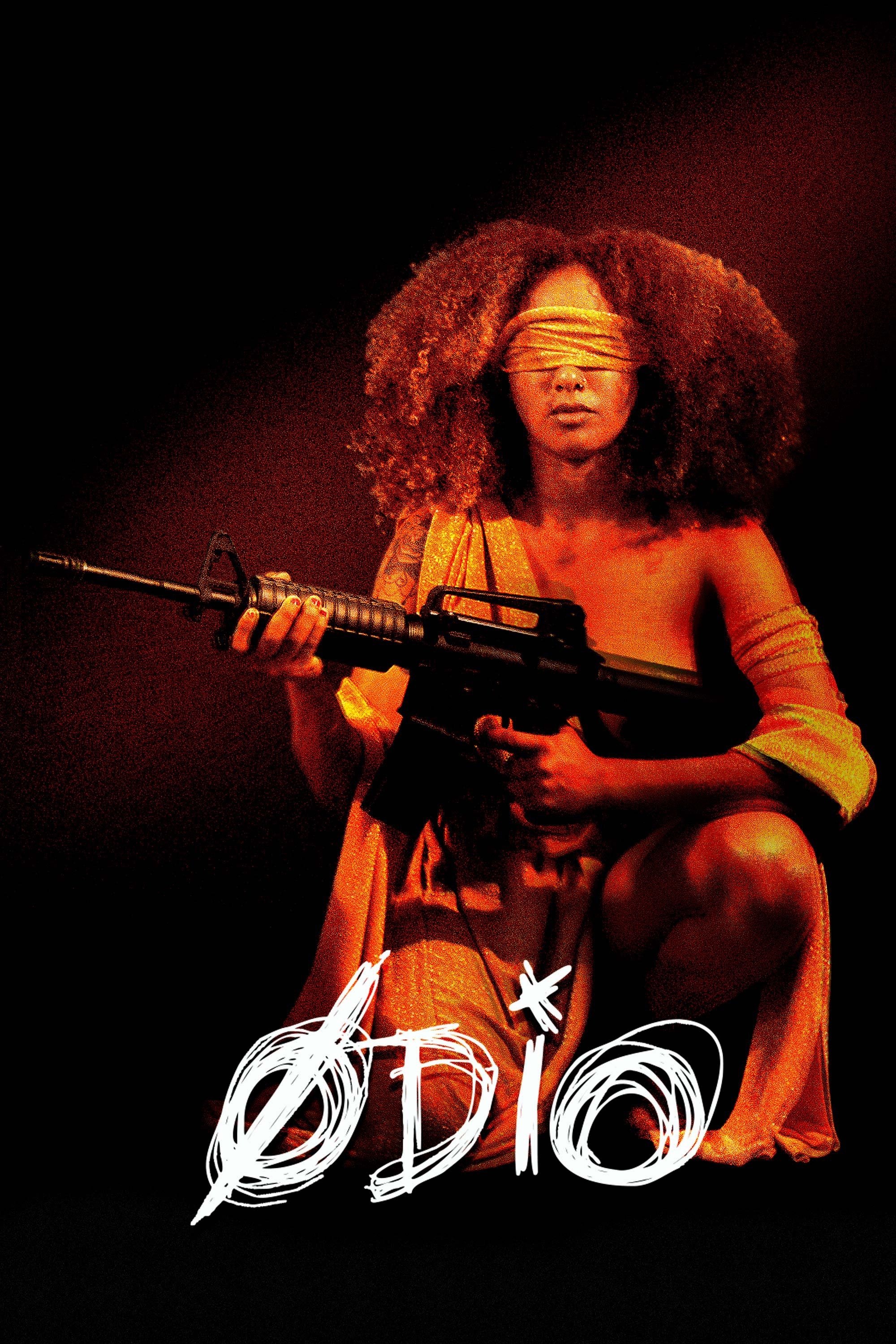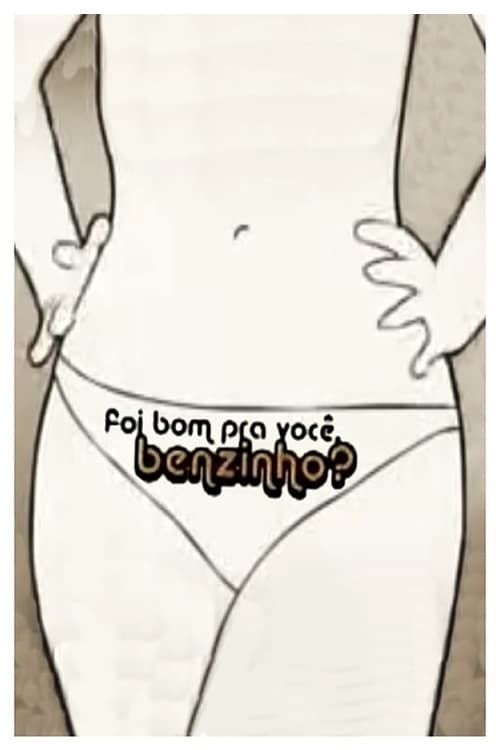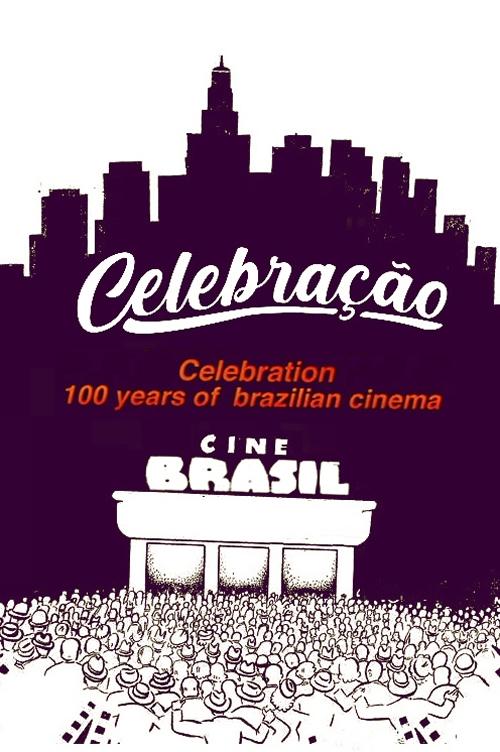

Moisés Abrão Goldszal, known as Carlo Mossy (Tel Aviv, October 27, 1946), is a Brazilian actor, director, screenwriter and producer. He became famous in the 1970s for producing and starring in several films in the pornochanchada genre, which earned him the informal nickname of The King of Pornochanchada.

Benjamim Zambraia is a young drunk who wanders around the...



"Portraits and excerpts from Brazilian films from all times. Actors,...

Pedro, a poor Portuguese immigrant, comes to Brazil to try...